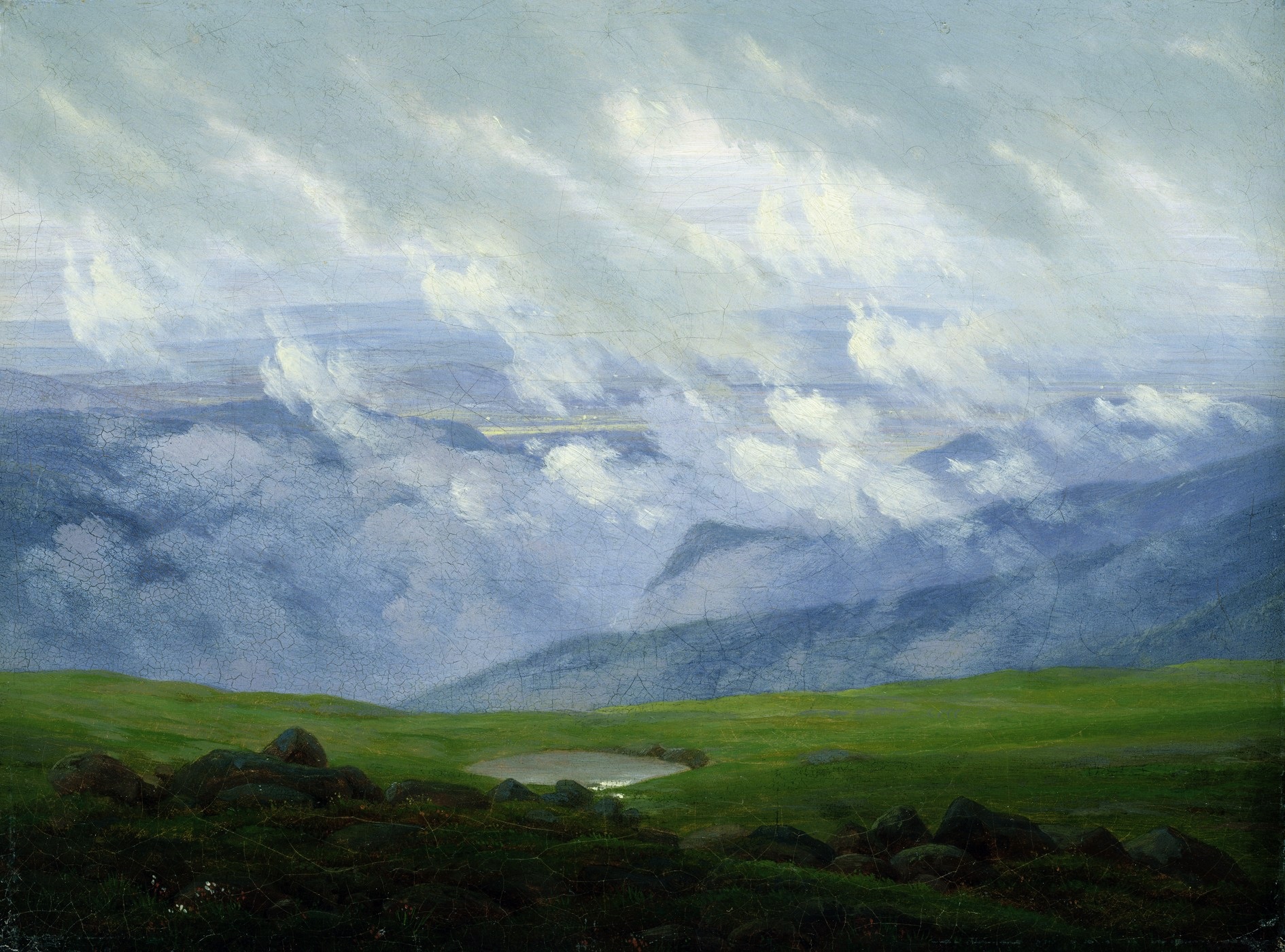
Information may be Subject to Change
Time & Place
2021 Winter Term 1
Tuesdays & Thursdays
3:30pm to 5:00pm
Language & Prerequisites
This course is taught in English and there are no prerequisites.
Degree Requirements
This course counts towards the following requirements for the Bachelor of Arts degree
- the B.A.’s Research Requirement
- the B.A.’s Literature Requirement
- the Research Requirement for the Program in the Study of Religion
Course Description
This course explores the connection between literature and religion in the German-speaking world from the middle ages to the late nineteenth century. We begin by exploring the formative phase of this relationship in the Middle Ages and the Early Modern Period, from the first literary experiments with scripture to the humble posture of the Baroque period and the religious enthusiasm of German sentimentalism. The nineteenth century then requires a closer look: On the one hand, the epoch witnessed the rise of the ‘poeta vates,’ the divinely inspired poet with the power to reveal transcendent truths. At the same time, religious criticism gradually spread in intellectual circles, culminating in the writings of Friedrich Nietzsche. In the twentieth century, finally, we will explore the emergence of syncretic traditions and the reappraisal of religion in an increasingly globalized world.
Primary Materials
The Song of Songs
Hartmann von Aue – Gregorius (12th century)
Johannes von Tepl – Death and the Plowman (15th century)
Martin Luther – The Freedom of a Christian (16th century)
Poetry from the Baroque Period to German Sentimentalism (17th century)
Immanuel Kant – Critique of Judgement (18th century, excerpts)
Novalis – Christendom or Europe (19th century)
Friedrich Nietzsche – The Antichrist (19th century)
Thomas Mann – Gladius Dei (20th century)
Hermann Hesse – Demian (20th century)
Sigmund Freud – The Future of an Illusion (20th century)
Evaluation of Student Work
Two Article Reviews (10% each)
Two Midterm Exams (27% each)
Final Exam (26%)